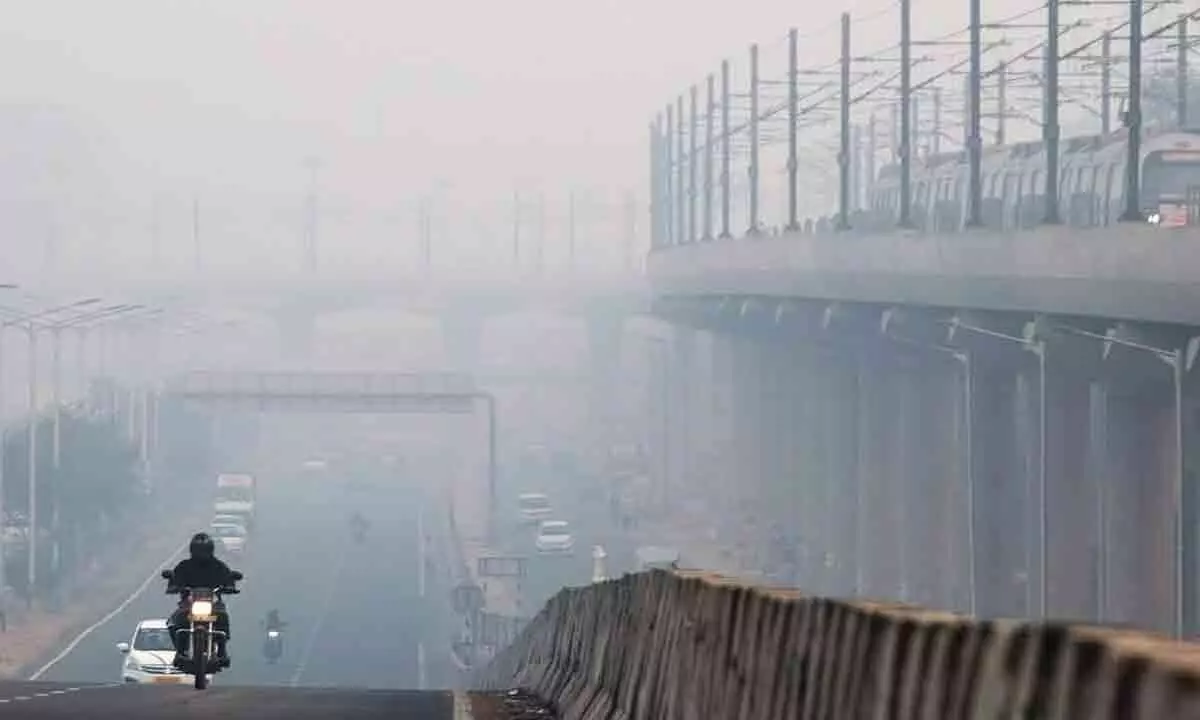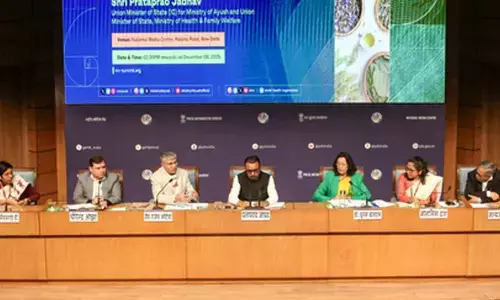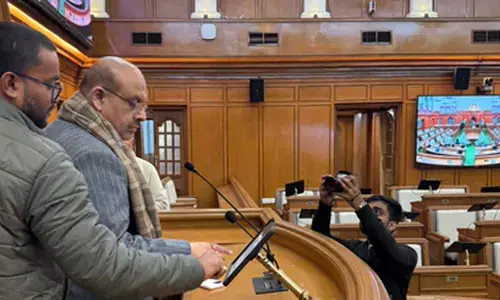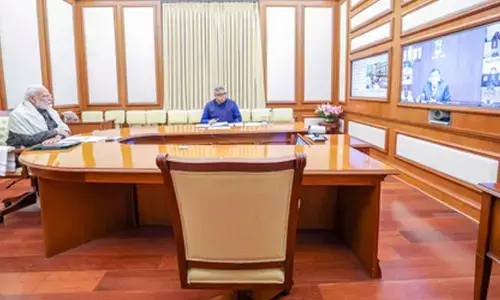Delhi LG Urges Neighboring States To Tackle Farm Fires Contributing To Rising Air Pollution

- 1. Delhi's Lieutenant Governor, VK Saxena, has reached out to the Chief Ministers of Punjab and Haryana, emphasizing the need to control farm fires that annually exacerbate the capital's air pollution.
- 2. The LG expressed his worry over the escalating numbers, citing that Punjab reported 1,063 farm fires, while Haryana recorded 340 during a specific period, significantly exceeding last year's figures.
VK Saxena expressed deep concern about the escalating farm fires in these regions and their detrimental impact on Delhi's air quality. He pointed out that Punjab had reported a concerning 1,063 farm fires between September 15 and October 11, which marked an alarming increase of 300 compared to the previous year's count of 763 during the same period. Similarly, Haryana had reported 340 such incidents during this period, a stark rise from the previous year's count of 83.
While Delhi has been actively implementing measures to control pollution caused by vehicular emissions and dust from roads and pavements, VK Saxena called upon the two neighboring states to take action to curtail these fires. It is imperative to address this issue jointly, given its adverse effects on air quality and public health.
Saxena underscored that Punjab, which is governed by the Aam Aadmi Party (AAP), had recorded a 19% increase in stubble burning incidents between October 24, 2022, and November 2, 2022, compared to the previous year. He highlighted that Punjab remained the only underperforming state among those affecting Delhi's air quality. The LG emphasized that he had previously sent a similar letter on November 3, when Delhi was engulfed in pollution caused by smoke from neighboring states, and both Punjab's CM Bhagwant Mann and Delhi's CM Arvind Kejriwal had promised that such a situation would not recur.
The LG's request has put the spotlight on the need for cooperation between states to address this ongoing challenge. However, no official responses have been received from the governments of Punjab and Haryana regarding Saxena's remarks.
Farmers traditionally burn paddy stubble after harvest as a cost-effective means to clear fields for the next crop. This practice typically peaks in mid-to-late October, and the resulting smoke is carried by north-westerly winds to the National Capital Region. When combined with pre-winter meteorological conditions featuring relatively calm days and nights, the smoke mixes with local emissions like tailpipe gases, road dust, and waste burning, leading to a severe deterioration in air quality. This results in levels of pollution unsuitable for breathing.
As of Saturday, Punjab reported 89 farm fires, while Haryana recorded 41 incidents, according to the System of Air Quality and Weather Forecasting and Research (SAFAR), which monitors farm fires in northern India. Delhi's air quality remained "poor" for the third consecutive day, with an air quality index of 257.
VK Saxena urged both Chief Ministers to take necessary steps and collaborate with farmers to address the issue of annual stubble burning, emphasizing the importance of finding solutions to combat this environmental menace and allow the capital and the entire National Capital Region (NCR) to breathe more easily.
While Delhi's air quality has been deteriorating, particularly in terms of "poor" air quality days, one of the major pollutants on Saturday was nitrogen dioxide, typically associated with high vehicular emissions. The Delhi government has already implemented pollution control measures, including monitoring vehicles and construction sites. Forecasts by the Central Pollution Control Board suggest that the city's air quality is expected to improve to the "moderate" category on Monday and Tuesday.
The maximum temperature on the day was recorded at 36.2 degrees Celsius, which is three degrees above the normal range, while the minimum temperature remained within the normal range at 19.8 degrees.














